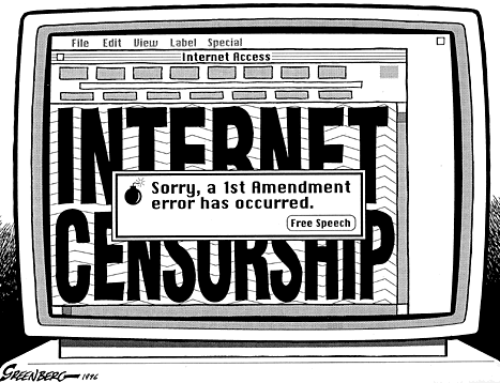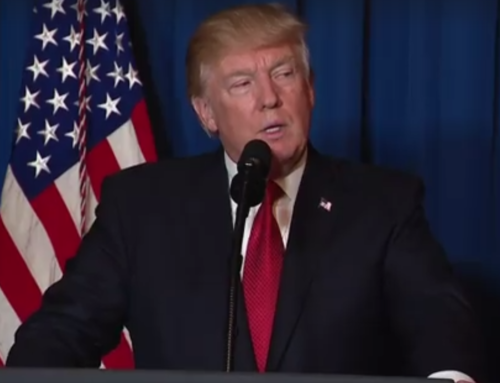The Supreme Court is currently hearing a case from Minnesota man Andrew Cilek. Cilek was temporarily prevented from voting in 2010 because his “Please I.D. Me” pin – as well as his shirt and other buttons – violated the state’s policy, which forbids political wear from polling places. This is touted as an effort to keep the peace. Cilek believes this is a violation of his First Amendment rights.
We can all agree that the political climate in the U.S. is heated, and that’s putting it mildly. It makes sense that a state would implement policy to make polling places safe for everyone. Is it fair to prevent people from displaying political affiliations? If it is enforced for all citizens and not just Andrew Cilek, I think so.
Even a pin like “Please I.D. Me” could make other voters uncomfortable, especially if they have friends or family who are undocumented citizens. It could also easily result in an unfriendly exchange of words at or in front of the polling location, which could prompt other citizens to join in and ultimately derail the purpose of the visit: voting.
An opposing argument is that if we’re unable to stand in line behind someone whose views we strongly disagree with, what does that say about us? I think this could be a fair point, but the problem is that some political views aren’t statements about politics, but rather people. For example, a Latino citizen should not have to stand in line behind someone whose shirt reads “Speak English This Is America.”
This is something the Supreme Court has been grappling with since the end of February and it it’s worthy of a lengthy public discussion and debate. Their decision in this case will affect how other states adopt policies to make polling places neutral and welcoming. It’s one of several First Amendment cases SCOTUS is hearing this year that will determine just how far the First Amendment reaches when it comes to the ballot box.







[…] June the Supreme Court’s unanimous answer was NO. A band named “The Slants” was denied government trademarking because the name could be seen as […]